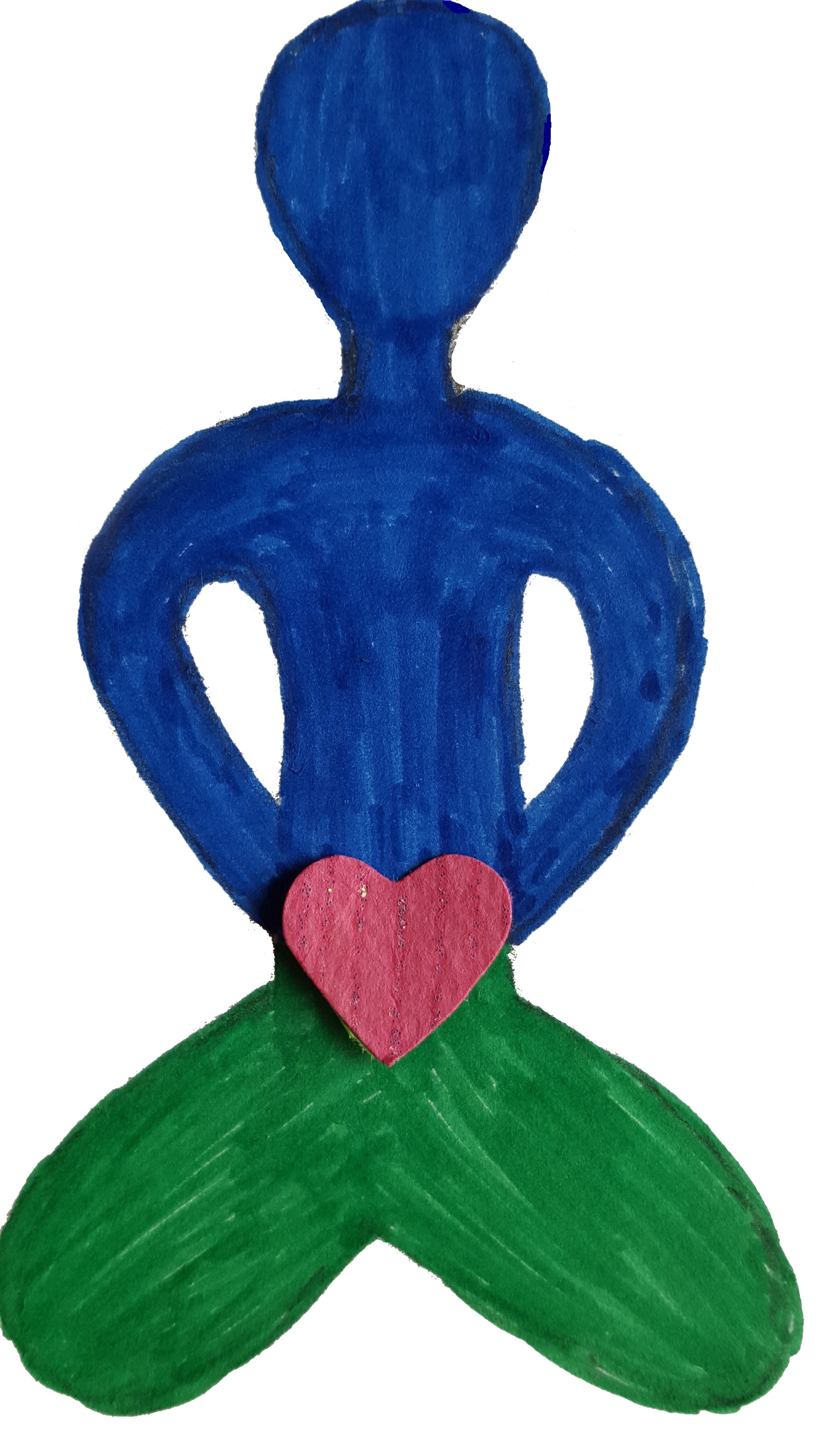A hundred billion to a trillion neurons fire in a place that takes up 20 percent of the body’s energy. The same space that can process up to 120 bits of information per second. Needless to say, the brain is a powerful organ, that can quickly fluctuate our consciousness.
The hundreds of thousands of accidents caused by driver’s who were texting share a common thought, “I can do both”. We multi-task and think it is impressive or necessary. Then, perhaps without noticing, we become addicted to an increased production of cortisol and adrenaline, chemicals that make us more impulsive and reactive.
If we our daily lives are hard-wiring for instant responses, why fight it?
I guess it would depend on one’s values. I get to observe the struggle of stillness and quiet in last five minutes of every yoga class I teach. I experiment with touch, fragrance and sound, trying to ease each unique being; hopeful that the present moment will become welcoming. I do this because, when achieved for just a moment, there is an observable transformation.
Deep thinking, empathy and compassion all require a calm, attentive mind because the higher emotions emerge from neural processes that are inherently slow. Rush into an important conversation or react to a shocking piece of news, you might misrepresent your deepest self. Valuing thoughtfulness and connection, I need to make the time to practice yoga or mediate when it seems that there is everything else that needs doing or response.
In the wake of an undoubtedly busy life, I invite you not just to recognize your emotions but to sit with them. Whether you process through journaling or playing music, this is sacred time.
